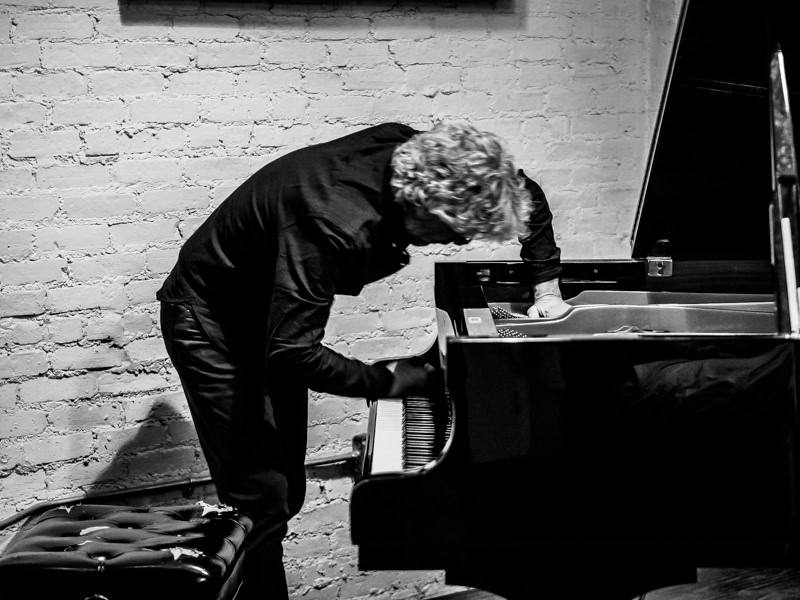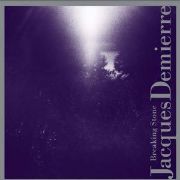Casual lengths
Fine, clever music from the "laboratory" of instrumental and speech sound researcher Jacques Demierre.

"The CNS is dancing", Blixa Bargeld from Einstürzende Neubauten once said. This Jacques Demierre also gets the central nervous system going. Breaking Stonewhich means: a radically personal musical language far removed from any conventions and stylistic commitments. In the ten-minute piece Sumpatheia violin and guitar perform a fine duet. The tone of the fantastic Denitsa Kazakova is thin, with Jean-Christophe Ducret playing timid harmonics. It sounds introverted, as if casually shaken out of the sleeve, but never arbitrary. With technical terms Sumpatheia Hard to describe. Harmonious, extremely rich, colorful - you could probably write all that. But they remain side issues. It is simply clever, stylistically confident music, and above all: credible music also because of its open, unprotected subjectivity.
Jacques Demierre, the clever improviser and composer from Geneva, also studied linguistics for a while. In the partly improvised Breaking Stone for voice and piano, he speaks into the body of the piano and accompanies his isolated, incomprehensible fragments of speech sometimes with carefully groping chords, sometimes with fingerings on the piano, in the form of string bowings or more energetic pizzicati or strums. There is a reason for the length of 40 minutes. It takes time for the ear to become accustomed to these enigmatic interweavings of voice and rhapsodizing piano. Ultimately, you will never "understand" Demierre's music in the classical sense. But the CNS doesn't care. It has no interest in comprehensible art. But who does?
Jacques Demierre: Breaking Stone (Three Pieces for Player Piano, Sumpatheia, Breaking Stone). Denitsa Kazakova, violin; Jean-Christophe Ducret, guitar; Jacques Demierre, piano and voice. Tzadik TZ 9001








